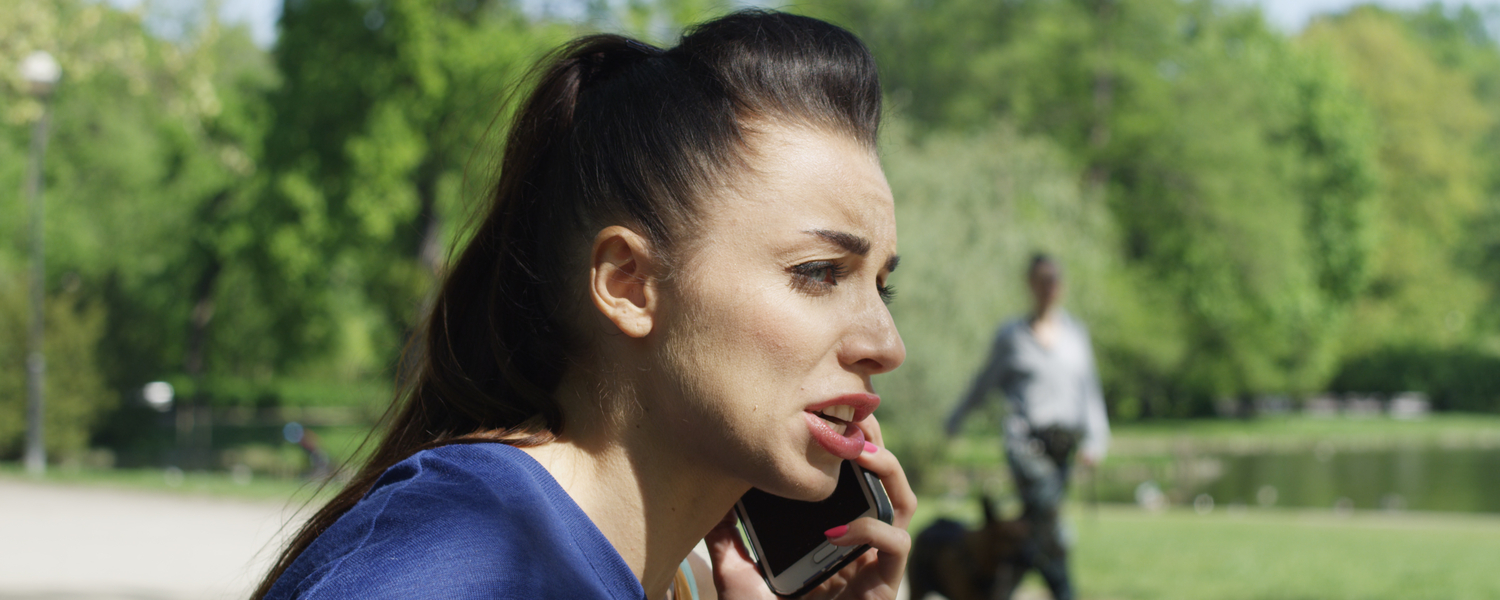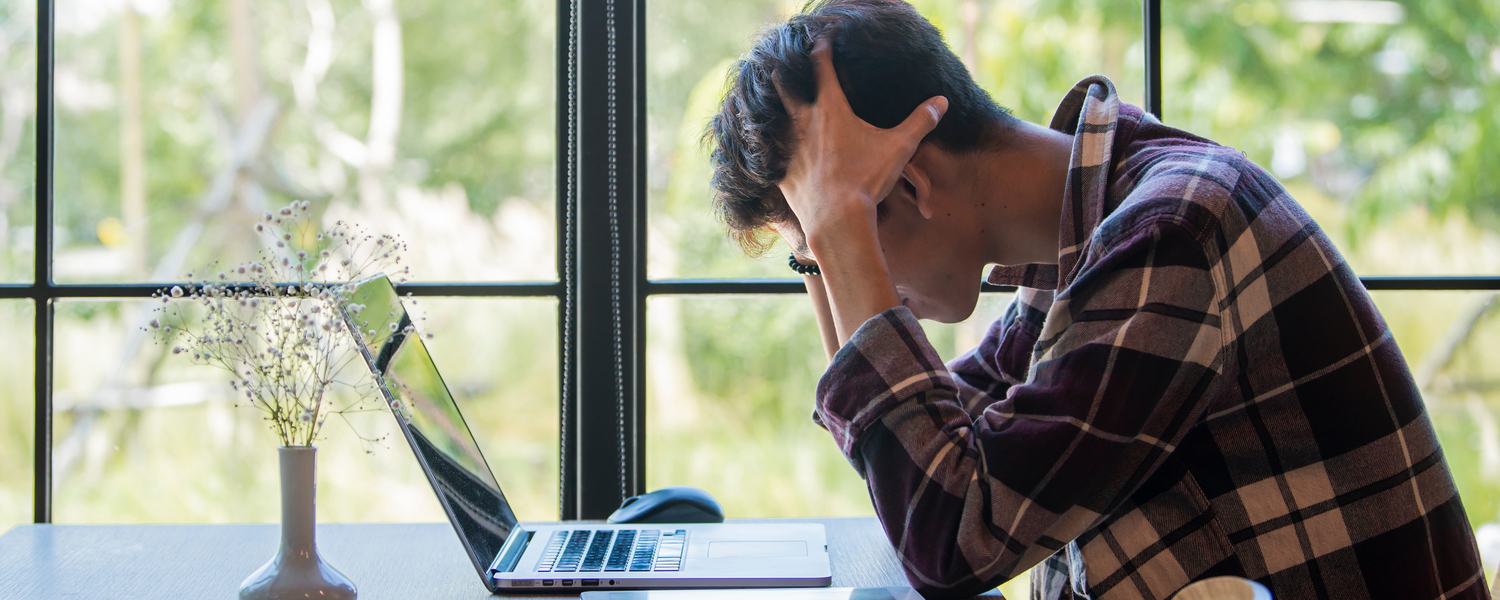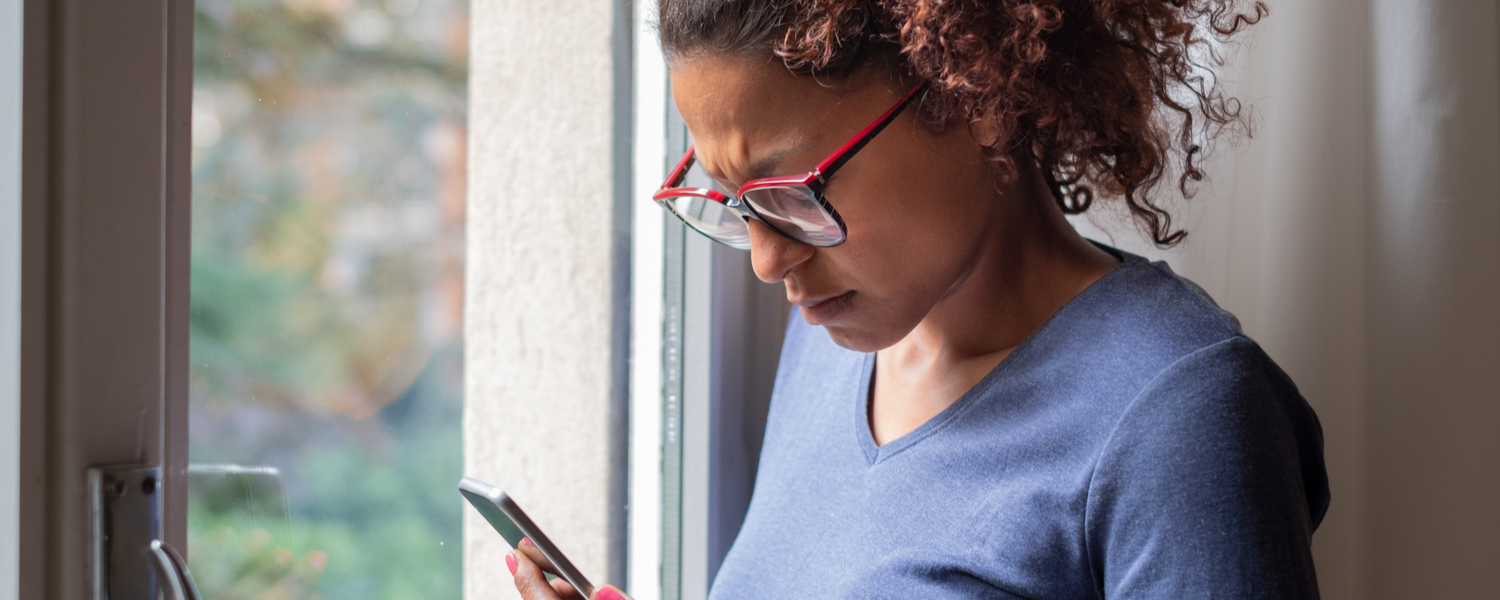Click HERE to Call Free for immediate help! 0800 612 7211
Every situation is different so by far the best way to find out how to respond to a social media legal issue is to speak to those who are most likely to have dealt with a situation similar to yours.
To find out how you can improve your reputation on the internet simply select one of the easy methods of contacting us.

We will respond as soon as possible.
 Or you can call us on our free hotline.
Or you can call us on our free hotline.FREEPHONE 0800 612 7211
(+) 44 207 183 4 123 from outside the UK.
 Or if you prefer you can email us to helpline (at) CohenDavis.co.uk.
Or if you prefer you can email us to helpline (at) CohenDavis.co.uk.
TheInternet LawCentre
Online harassment

Online harassment legal help
Online harassment can happen to anyone, no matter how rich or poor, or how successful or difficult life has so far been for you. All that it takes is for you, often unintentionally to cause a real, or an imaginary, upset to the wrong person at the wrong time. Online harassment is an area of law that requires legal expertise to understand, handle, and succeed with. It simply makes sense for most people to seek online harassment legal help from the most experienced online harassment lawyers in the UK.
Complex online harassment cases
Getting results with online harassment cases
Expert legal help with online harassment cases
Complex online harassment cases
Our firm has proven experience in winning some of the most complex online harassment cases in the UK. We have advised in cases such as the case of X-Factor's Frankie Cocozza’s Facebook harassment case, where we obtained the first ever disclosure order in the UK against Facebook. In the case of DDF v YYZ we made world history by serving an injunction on a bunch of trolls via Instagram, and in the case of Lindsey Goldrick Dean where we successfully put an end to the longest-lasting harassment case in the UK. There is also the case of Hampstead Satanic Cult, where we fought for justice for scores of harassed parents and which resulted in the longest prison sentence for online harassers ever imposed on the UK.
Getting results with online harassment cases
Our lawyers are always focused on attaining a favourable outcome for our clients. Our harassment lawyers examine each case in the context of their invaluable experience and reputation.
Online harassers know that our firm is serious about attaining outcomes for our clients and as such, in nearly all cases, they see little point in fighting a battle they are almost certain to lose.
Expert legal help with online harassment cases
Because internet law is all that we do here, each one of our harassment lawyers is a specialist in this area of law. They know how the internet works and they understand online harassment issues without the need to be educated about basic internet and social media operations. In other words, they get it and are ready and well equipped to help!
Legal action for harassment and stalking
- Details
- Hits: 399

Legal action for harassment and stalking
In this case study, we detail our client Jacob (not his real name) who suffered prolonged harassment and stalking by his ex-partner Marissa (not her real name). We present an informative overview of the legal action available to safeguard yourself in similar situations of harassment and stalking.
Someone used my video without permission
- Details
- Hits: 352

How to remove from social media videos posted without consent
In the past couple of years, a deeply concerning practice has emerged with increasing frequency: the act of filming individuals without their consent and subsequently posting these videos to social media. This phenomenon, especially prevalent in cases involving the non-consensual filming of women in public areas, has sparked a significant debate about privacy, consent, and digital ethics.
Professional harassment and threats to disclose private information
- Details
- Hits: 451

What do to if you are harassed by a work associate
Harassment by a work colleague or associate is becoming an increasingly concerning issue for numerous executives.
Read more: Professional harassment and threats to disclose private information
What to do if you are being harassed by family
- Details
- Hits: 320

What to do if you are being harassed by family
Harassment is a pervasive issue that affects individuals from all walks of life, and unfortunately, it can also occur within the confines of one's own family. While we often associate harassment with strangers or those in positions of power, the reality is that it can happen in the most intimate and familiar of settings. In this article, we will explore the complex and sensitive topic of harassment by a family member.
How to take legal action for cyberbullying
- Details
- Hits: 702

What are the legal options when being cyberbullied
Can you sue someone for exposing you on social media
- Details
- Hits: 11386

What are the potential consequences of exposing someone on social media?
Exposing someone on social media can have legal ramifications. Can you sue someone for exposing you on social media? The answer depends on the specifics of the situation, but it's important to note that exposing someone on social media can lead to legal consequences. In some cases, this may include defamation, harassment or invasion of privacy. Harassment is both a civil and a criminal offence.
Defamation involves making false statements that harm a person's reputation, while invasion of privacy may occur when someone shares private information or images without consent. Both of these offences can result in legal action, and victims may seek damages to compensate for the harm caused. It's important to remember that freedom of speech does not protect individuals who engage in harmful or inappropriate online behaviour, and there may be legal consequences for those who cross the line.
Table of content
It is easy to make fatal errors whilst exposing someone on social media
Exposing someone on social media could be considered harassment
Exposing someone on social media could lead to legal action for breach of privacy
Exposing someone on social media could lead to legal action for breach of data
What to do if someone exposes you on social media
Should you take legal action against someone who exposed you on social media
It is easy to make fatal errors whilst exposing someone on social media
Exposing someone on social media is a common practice, particularly when someone has done something wrong or has behaved in a way that others deem inappropriate. However, it is easy to make fatal errors while exposing someone on social media, and these mistakes can have long-lasting and devastating consequences for both the person being exposed and the individual doing the exposing.
One of the most significant risks of exposing someone on social media is that it can quickly spiral out of control. What may have started as a minor issue can quickly snowball into a major crisis, with people from all over the world weighing in on the situation. As a result, the person being exposed can become the target of a widespread online attack, with their reputation, mental health, and even their physical safety is threatened. Another common mistake that people make when exposing someone on social media is failing to gather all the facts before doing so. In the heat of the moment, it can be tempting to rush to judgment and publicly call out someone for their behaviour.
However, doing so without first taking the time to understand the situation fully can lead to incorrect assumptions and conclusions, which can be damaging to everyone involved. Similarly, people often make the mistake of using inappropriate language or tone when exposing someone on social media. The use of aggressive, offensive, or inflammatory language can escalate the situation and lead to further negative consequences. It is important to remember that online interactions are not immune to the rules of basic human decency and respect.
Finally, it is vital to remember that once something is posted online, it is permanent. Even if a person deletes a post or takes it down, it can still be accessed, shared, and spread around the internet. This means that even if a person realizes they have made a mistake, they may not be able to undo the damage they have caused.
Exposing someone on social media could be considered harassment
Exposing someone on social media means sharing personal information or behaviour of someone without their consent or knowledge, often with the intention of harming them. However, this practice can lead to legal action against the person who exposes others for harassment of the exposed person. Harassment is defined as a behaviour that causes distress or alarm to the person being harassed.
It can take various forms, including verbal, physical, or electronic communication. Exposing someone on social media can be considered a form of electronic harassment. When someone is exposed on social media, it can cause them to feel embarrassed, humiliated, or threatened. They may also face negative consequences in their personal or professional life, leading to emotional distress. In some cases, the person who exposed someone on social media may believe that they are exercising their right to freedom of speech.
However, freedom of speech does not give someone the right to harass or harm others. It is important to note that the law recognises privacy as a fundamental right, and exposing someone on social media without their consent or knowledge violates their privacy. Exposing someone on social media can be considered a form of harassment even if the information shared is completely true. Even if the information shared is true, if it is intended to cause harm, embarrassment, or humiliation to the person being exposed, it can still be considered harassment.
It is important to consider the potential harm that exposing someone on social media can cause, even if the information shared is true. The person being exposed may face negative consequences in their personal or professional life, leading to emotional distress and even, in some cases, to even more serious consequences.
Exposing someone on social media could lead to legal action for defamation
In the age of social media, it has become increasingly common for individuals to expose others publicly online. This can be in the form of sharing private messages, screenshots, or even spreading rumours about someone's personal life. While some may view this as a form of accountability, it is important to remember that there can be serious legal consequences for exposing someone on social media, especially if the details exposed turn out to be defamatory. Defamation is a legal term that refers to any statement that damages an individual's reputation or character.
In many cases, exposing someone on social media can cross the line into defamation, particularly if the information being shared is false or misleading. If the exposed individual is able to prove that they have been defamed, they may be able to take legal action against the person who shared the information. Defamation laws vary from country to country, but in general, there are two types of defamation: libel and slander. Libel refers to written statements that are published and can be seen by others, such as social media posts or online articles. Slander, on the other hand, refers to spoken statements.
Both types of defamation can result in legal action if the statements are false and damaging to an individual's reputation. If an individual is defamed on social media, they may be able to file a lawsuit against the person who shared the information. In such cases, the plaintiff would need to prove that the statements made about them were false and that they suffered damages as a result. This could include damage to their reputation, loss of income or business, and emotional distress. It is worth noting that even if the information being shared is true, it may still be considered defamatory if it is not in the public interest.
For example, sharing personal medical information about someone without their consent could be considered a violation of their privacy and lead to legal action. In addition to the potential legal consequences of exposing someone on social media, there can also be social and emotional consequences. The individual being exposed may suffer from online harassment or bullying, and their mental health and well-being may be adversely affected. In conclusion, exposing someone on social media can have serious legal consequences, particularly if the information being shared turns out to be defamatory.
It is important to be mindful of the potential legal risks before sharing information publicly and to ensure that any information being shared is true and in the public interest. Ultimately, it is essential to remember that social media is not a court of law, and taking matters into one's own hands can lead to severe consequences for both the individual being exposed and the person sharing the information.
Exposing someone on social media could lead to legal action for breach of privacy
Exposing someone on social media could lead to legal action for breach of privacy even if what you are exposing is unacceptable behaviour by the individual being exposed. Breach of privacy occurs when personal information about an individual is disclosed to the public without their consent. The law recognises an individual's right to privacy and protects them from unreasonable intrusions into their personal lives.
This means that even if the behaviour being exposed is considered unacceptable, it may still be protected under privacy laws. Social media platforms have their own policies regarding privacy, which can differ from one platform to another. However, these policies do not always reflect the full extent of the legal protections afforded to individuals under the law. For example, some social media platforms may allow users to post photos or videos of others without their consent, but this does not necessarily mean that it is legal to do so. If an individual's privacy is breached on social media, they may be able to take legal action against the person who exposed their personal information.
This could include filing a lawsuit for invasion of privacy, defamation, or emotional distress. The plaintiff would need to prove that the information being shared was private, that they had a reasonable expectation of privacy, and that the disclosure of the information was unreasonable and caused harm. It is important to note that even if the information being shared is true, it does not necessarily mean that it is not a breach of privacy.
In some cases, the disclosure of true information can be considered a violation of privacy if it is not in the public interest. In conclusion, exposing someone on social media can have severe legal consequences, including potential legal action for breach of privacy. It is important to be mindful of the personal information being shared and to ensure that any disclosure is lawful and justified. Ultimately, it is essential to respect the privacy rights of others and to use social media responsibly.
Exposing someone on social media could lead to legal action for breach of data
Sharing someone's personal information on social media without their consent could make you liable for violating their data privacy rights. Individuals are entitled to maintain their privacy and have control over their own personal data. Unauthorised distribution of this information can damage their reputation, emotional health, and even pose safety risks. Furthermore, revealing sensitive details like medical records, financial status, or contact information could be considered a breach of confidentiality. However, it's worth noting that obtaining certain types of private data doesn't necessarily require permission, as long as that data is already publicly accessible. In summary, there's a distinct difference between gathering private information and disseminating information that's already public.
As a result, it is important to be cautious about what information you share on social media and to always consider the potential consequences before posting anything that could be deemed private or sensitive. The General Data Protection Regulation (GDPR) is a legal framework that governs the use of personal data in the European Union. The GDPR requires that individuals have the right to control their personal data and that any processing of this data must be lawful, fair, and transparent.
If someone exposes another person's personal data on social media without their consent, they could be in violation of the GDPR. This could lead to legal action against the person who exposed the data, including fines and other penalties. Moreover, exposing someone on social media can also lead to other legal consequences, such as defamation. Defamation is the act of making false statements about someone that harms their reputation.
If someone exposes personal information about another person on social media that is false or misleading, they could be sued for defamation. Furthermore, as previously explained, exposing someone on social media can also lead to harassment, stalking, or other forms of cyberbullying. These actions are not only morally wrong but also illegal.
Cyberbullying is a criminal offence that can lead to legal action against the perpetrator. Therefore, it is crucial to understand the consequences of exposing someone on social media before doing so. It is also essential to respect other people's privacy and personal data, as well as to obtain their consent before sharing any personal information about them on social media.
What to do if someone exposes you on social media
When someone exposes you on social media, it can be tempting to react defensively and immediately pursue legal action. However, before making any decisions, it's crucial to approach the situation in a calm and logical way. One of the first steps you should take is to gather evidence to support your claim.
This could include screenshots of the posts, comments, or messages in question, as well as any additional information that could help to substantiate your case. By taking the time to gather evidence, you can not only better understand the scope of the issue but also present a stronger case if legal action becomes necessary. It's important to remember that taking legal action should only be considered as a last resort after all other options have been exhausted. You may need to prove that the statements made about you are false and have caused harm to your reputation.
If someone has exposed you on social media, it can have a significant impact on your reputation and can even harm your personal and professional life. This can be particularly frustrating if this exposure is in the form of false statements or accusations. In this case, you may have grounds to sue the person responsible for defamation. In order to do so, however, you will, in effect, need to prove, on balance, that the statements made about you are false and have indeed caused harm to your reputation.
It can be a challenging process to take legal action against someone on social media, so it is important to seek advice from an experienced solicitor who will guide you through the process and help you determine the best course of action to take. A thorough understanding of defamation laws and their specific application in your state is crucial before proceeding with any legal action.
Should you take legal action against someone who exposed you on social media
When considering whether to sue someone for exposing you on social media, it's important to keep in mind that not all cases are successful, and the outcome will depend on the specific circumstances of your case. While it may be tempting to take legal action immediately, it's important to understand the legal basis for your claim before proceeding.
Factors that may impact the success of your case include the nature of the exposure, the intent of the person who exposed you, and the potential damages you have suffered. Consulting with an experienced solicitor can help you assess the strength of your case and determine the best course of action to protect your rights and interests. Ultimately, the pursuit of legal action should be carefully considered and carried out with the guidance of legal professionals.
We offer a fixed fee consultation with an experienced solicitor who will be able to advise you on all the merits and on other aspects of pursuing legal action.
Celebrity online harassment
- Details
- Hits: 2190

Celebrity harassment on the internet
In today's digital age, the internet has become the go-to platform for celebrities to use for self-promotion. Celebrities use the internet to share their work and show off their accomplishments. But what happens when someone takes advantage of the celebrity's online presence to spread negative content?
Harassment on Facebook
- Details
- Hits: 1297

What to do if your Facebook account is being harassed
Some people use Facebook to harass ex-spouses, lovers and boyfriends. The campaign is often triggered by an emotional breakup, where one party feels so hurt they are willing and able to do anything to end the lives of their former lover.
Civil harassment and criminal harassment in the UK what is the difference
- Details
- Hits: 5768

What to do if you are being harassed online
Read more: Civil harassment and criminal harassment in the UK what is the difference
The case of Kirat Assi v Simran Kaur Bhogal - Sweet Bobby
- Details
- Hits: 17978
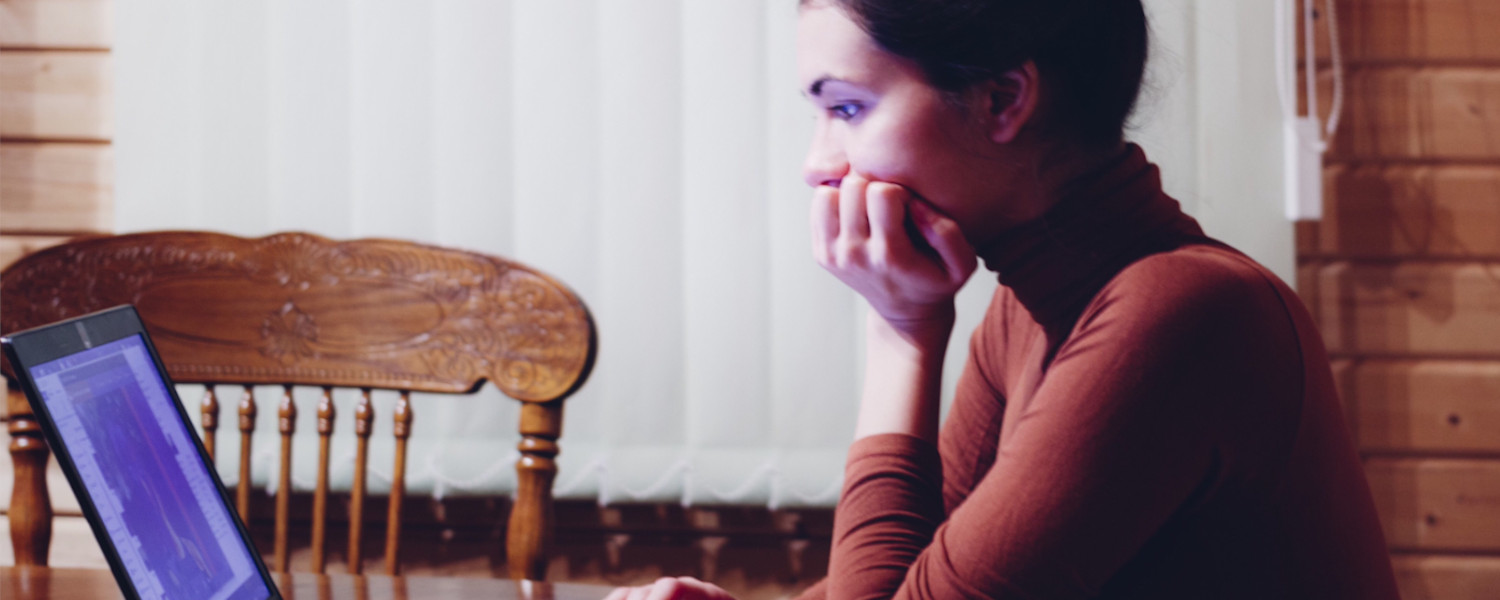
The longest case of catfishing in the UK
Read more: The case of Kirat Assi v Simran Kaur Bhogal - Sweet Bobby
Harassment and defamation on the internet
- Details
- Hits: 13826

Can you sue someone for spreading lies about you on the internet
The case of Lindsey Goldrick-Dean
- Details
- Hits: 6028
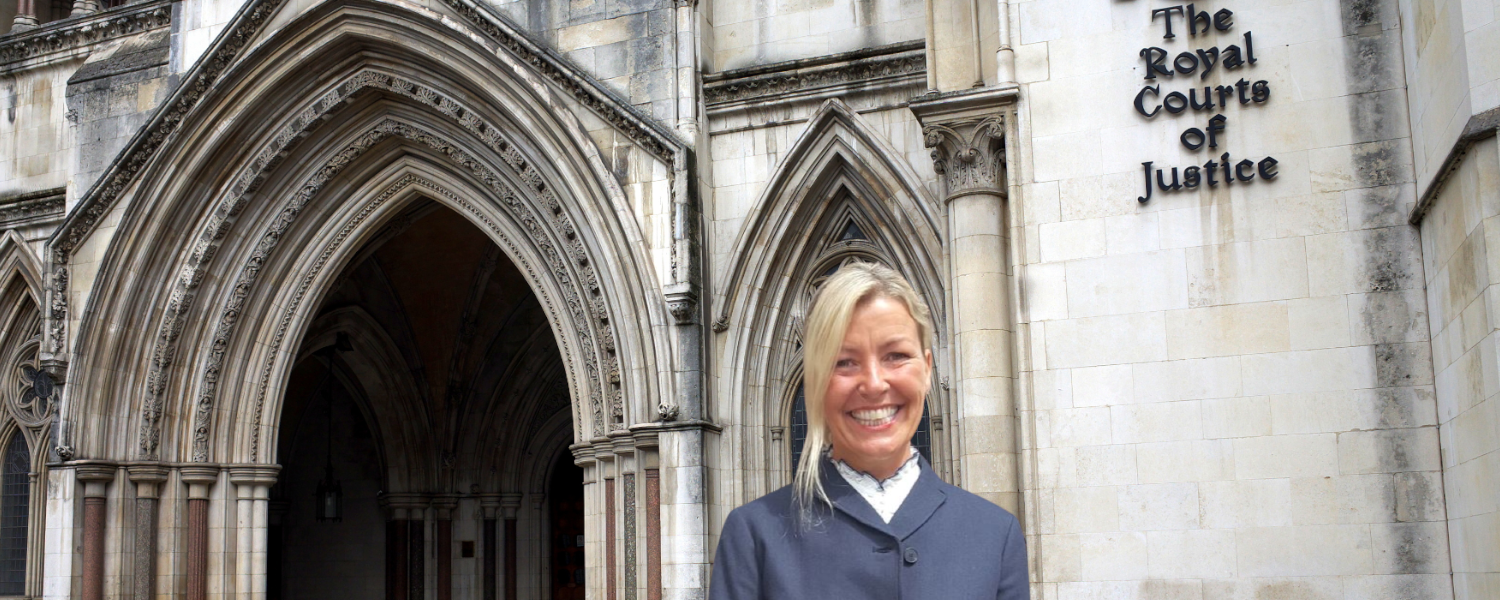
The longest case of online harassment in the UK since the invention of the internet
The case of Rada-Ortiz v Espinosa-Vadillo
- Details
- Hits: 15752

Online harassment by a former employee
Social media legal advice for parents
- Details
- Hits: 5850
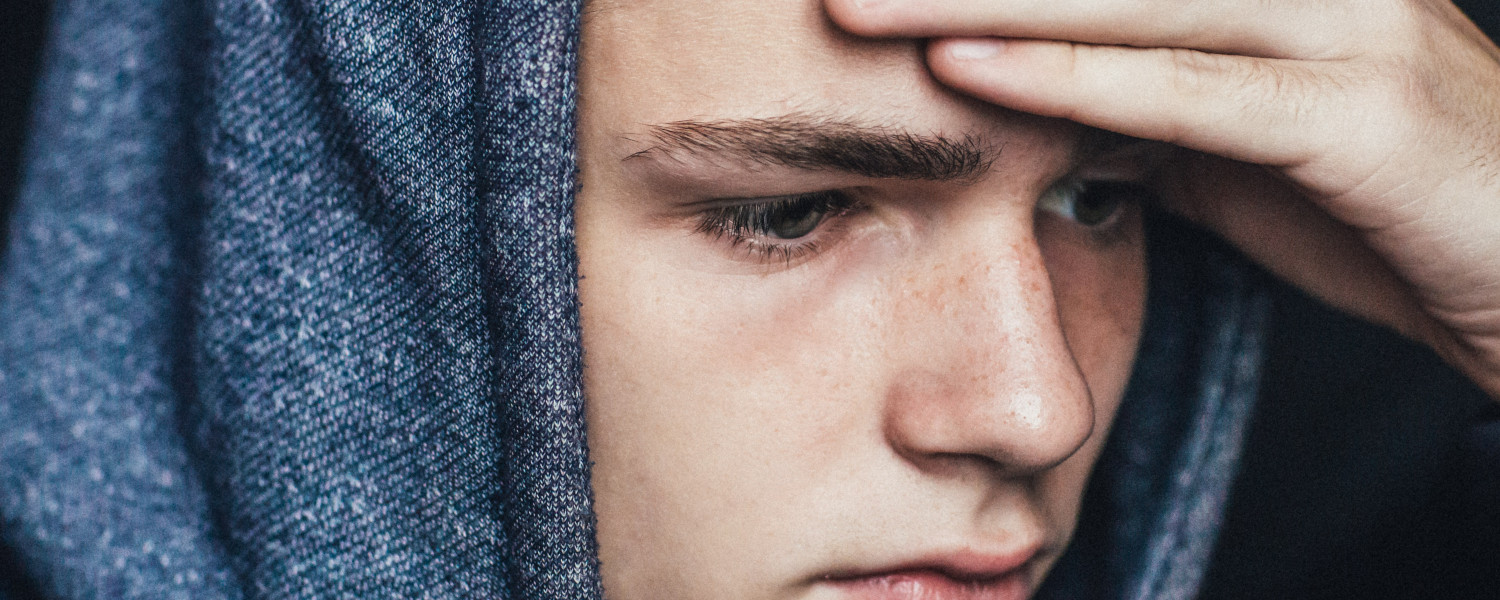
Harassment of teenagers on social media and at school
The case of Phipps v Britton-unmasking internet trolls
- Details
- Hits: 18411
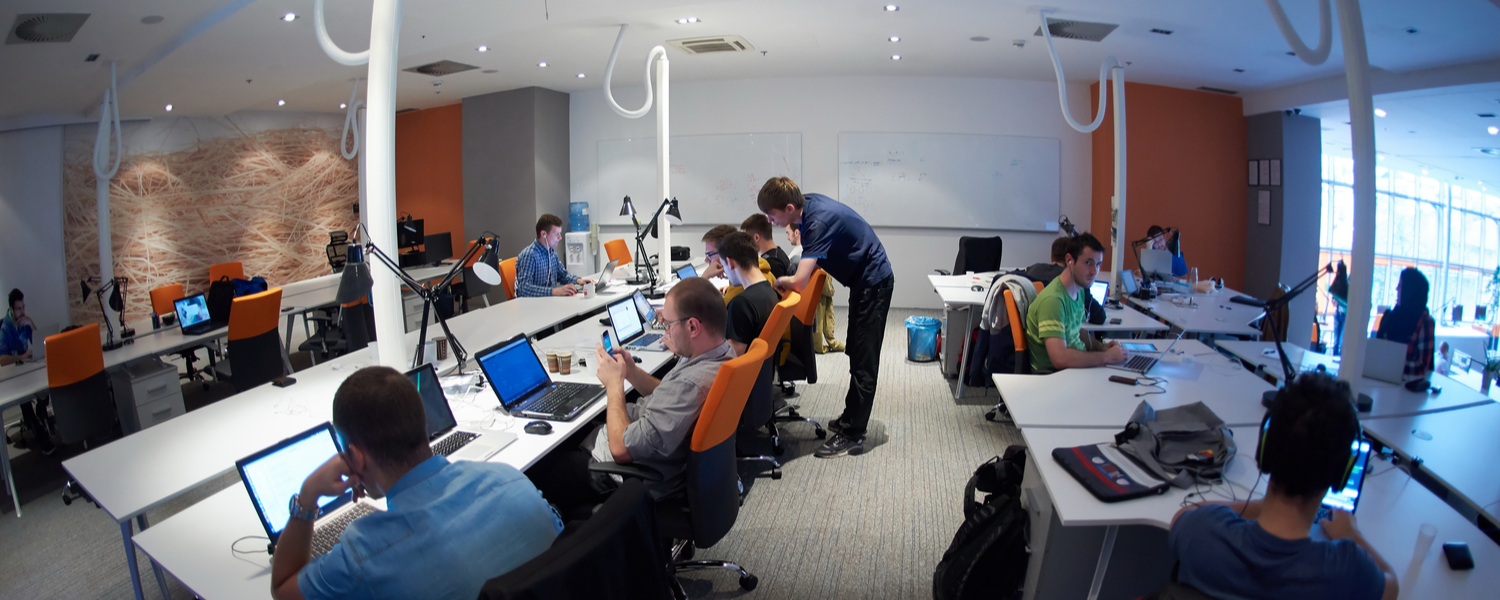
What to do if you need to uncover the identity of your internet troll
Read more: The case of Phipps v Britton-unmasking internet trolls
Legal advice for online harassment
- Details
- Hits: 4804

Why you should choose to pay for specialist legal advice
Cross jurisdiction case of harassment
- Details
- Hits: 11981

How to stop a UK harasser from harassing someone in another country
Teenage harassment on social media
- Details
- Hits: 10873

Support for parents whose children are harassed on social media
Online harassment legal advice
- Details
- Hits: 24902

What to do if someone is harassing you on the internet
Victims of online harassment, intimidation, and defamation often feel hopeless and powerless to act. In many instances they feel scared and paralysed.
|
Follow on Twitter
|
|
Online business support
| Our work featured on |
|---|
Category of work
Norwich Pharmacal Order
Latest Articles
Porn law
- Cleaning Up the Internet: The Impact and Consequences of Removing Pornographic Videos
- Is a release form by porn film actor valid
- Privacy injunction to remove a porn video
- Regret over porn film
- Removal of old online adult content case study
- Remove porn films from the internet
- Remove porn images and videos from the internet
- Revenge porn legal advice
- Sexual coercion and pornography
- Terms and conditions for adult platforms
- The case of Mario Rogers - the porn headmaster
|
Online harassment
- The case of Frankie Rzucek
- The case of Kirat Assi v Simran Kaur Bhogal - Sweet Bobby
- The case of Lindsey Goldrick-Dean
- The case of Phipps v Britton-unmasking internet trolls
- Teenage harassment on social media
- Catfishing defamation case study
- Online harassment legal advice
- Cross jurisdiction case of harassment
- Harassment injunctions
- Social media legal advice for parents
- The case of Rada-Ortiz v Espinosa-Vadillo
- Instagram harassment
- Harassment solicitors no win no fee
- Harassment and defamation on the internet
- Online trolling legal help
- Harassment limitation
- Harassment on social media
- Legal advice for online harassment
- How to stop internet trolling
- Is harassment a crime
- Civil harassment and criminal harassment in the UK what is the difference
- Harassment on Facebook
- Celebrity online harassment
- Harassment of celebrity
- Can you sue someone for exposing you on social media
- How to take legal action for cyberbullying
- What to do if you are being harassed by family
- Professional harassment and threats to disclose private information
- Someone used my video without permission
- Legal action for harassment and stalking
Online defamation
- Cancel culture defamation
- Chase Levels in defamation cases
- Defamation and a job reference
- Defamation by a newspaper journalist from outside the UK
- Defamation by an anonymous internet user
- Defamation by an Ex-Employee
- Defamation by competitors case
- Defamation by disgruntled former employees
- Defamation by employees
- Defamation by innuendo case study
- Defamation cease and desist letter
- Defamation claim against the police
- Defamation injunctions
- Defamation legal advice
- Defamation legal advice - Read before taking legal action
- Defamation on Blogger
- Defamation on Twitter case
- Defamation on websites
- Defamation removal letter
- Defamation solicitors
- Defamation with SEO
- Defamatory out of context news article
- Do you need a lawyer to represent you in a defamation case
- False accusation of rape on social media
- Falsely accused of rape
- First injunction against Google case study
- Google business defamation
- Handling an online reputation attack case study
- How can I remove online defamation
- How can I stop someone from defaming my business
- How to deal with defamatory content on social media
- How to fight back against anonymous defamation
- Interim injunctions in defamation cases
- Internet defamation lawyers
- Internet law in the UK
- Legal action for defamation
- Legal action for libel
- Letter before legal action in defamation
- No win no fee defamation solicitor
- Online Defamation on YouTube
- Publicly listed companies and claims for defamation
- Remove defamation from Google
- Removing defamation from the internet
- Section 13 of the Defamation Act 2013
- The case of Brian Dudley v Michael Phillips - damages for defamation and breach of GDPR
- The case of Paul Britton and Origin Design
- The case of RRR PLC v Gary Carp
- The case of Selvaratnam Suresh v the Met Police
- The case of TJM v Chief Constable of West Yorkshire Police
- The defamation case of Jack Aaronson (Dominic Ford) v. Marcus Stones (Mickey Taylor)
- Twitter defamation and harassment
- What can you do if you are falsely accused of sexual assault online
- What is meaning in defamation cases - TJM -v- Chief Constable of West Yorkshire Police
- What to do if someone makes false allegations against you on the internet
- What to do if you are defamed on a scam website
- What to do if you were defamed by the police
- What to do with false allegations of sexual assault on Instagram













